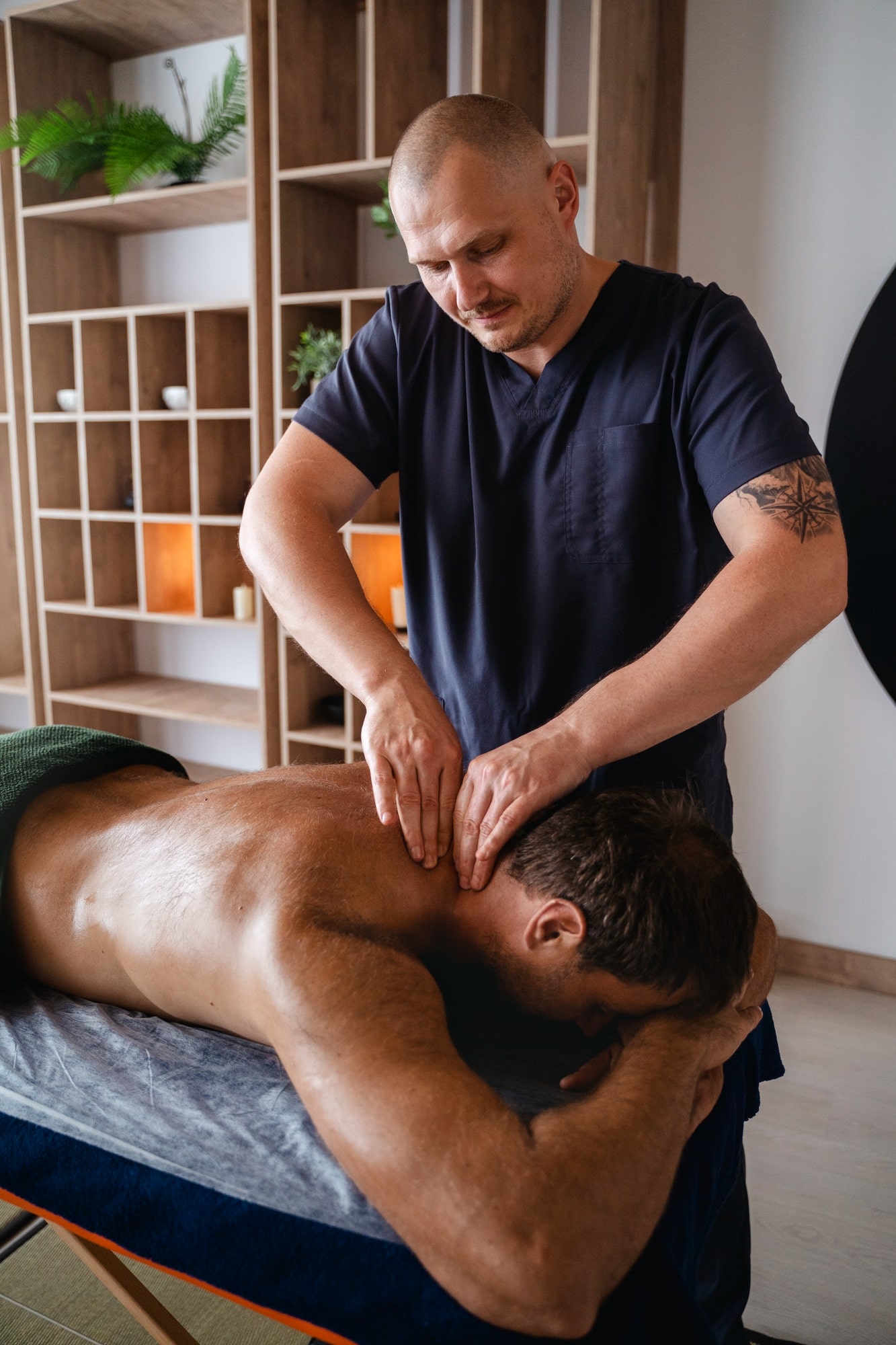Home / Massage Therapy

Mental health and substance abuse problems are on the rise in today’s busy and stressful society. People are looking for holistic and effective ways to heal, and massage therapy is one of the most effective and well-known forms of therapy. The act of touch has healing powers for the body and the mind.
In addition to relaxing muscles and relieving aches and pains, massage therapy has a significant effect on mental health. Studies have shown that massage therapy can reduce symptoms of anxiety, depression and PTSD.
Massage therapy is an important part of the recovery process for those suffering from substance abuse issues. Massage can help reduce withdrawal symptoms, reduce cravings, and aid in detoxification by increasing circulation and lymphatic.
One of the most effective treatments for depression and other mood disorders is massage. Massage increases the amount of serotonin in your brain and dopamine in your brain. Both of these neurotransmitters play an important role in mood regulation.
Serotonin is known as the “happy hormone” because it helps you feel good and happy. Massage increases serotonin levels because it stimulates the release of serotonin in your brain. By increasing serotonin levels, massage therapy helps reduce depression symptoms and improve your mood.
Another neurotransmitter that plays an important role in mood and pleasure is dopamine. Massage therapy increases dopamine levels, helping people manage their mood disorders naturally and non-invasively.
Massage therapy can help people with depression and other mood disorders to improve their symptoms and quality of life.
There are different types of massage therapy that can help people with mental health issues and substance abuse problems. Each type of massage therapy has its own benefits and can be customized to fit your needs and preferences.
Swedish massage: Swedish massage is the most popular and widely used massage technique in the world. It involves long, flowing movements that involve kneading and circular motions to help you relax and relax your muscles. Swedish massage has been shown to reduce stress, anxiety and improve overall health.
Deep tissue massage: Deep tissue massage is a technique that works on the deeper tissues of the muscles and connective tissues. Using slow, firm movements and deep pressure, deep tissue massage helps to relieve chronic tension and promotes relaxation. This type of massage is effective for people suffering from chronic pain, tightness in the muscles, and tension due to stress.
Shiatsu massage: It is a type of Japanese massage that uses finger pressure and stretches to target specific areas of the body. The goal of Shiatsu Massage is to increase your body’s energy flow and balance, and to help you relax and calm down. This type of massage can be especially helpful for people who suffer from anxiety, insomnia and stress.
Thai massage: Not only does massage provide physical benefits, but it also helps with emotional healing during your addiction recovery. Massage therapy creates a safe and nonjudgmental environment for you to unwind, unwind, and feel better.
Hot stone massage: A hot stone massage is when heated stones are placed on your body to help you relax and release tension in your muscles. The heat released by the stones relaxes your muscles and improves your circulation, making your massage more effective. Hot stone massages are best for people who are experiencing muscle tension, stress and relaxation.
Myofascial release: This technique focuses on relaxing the fascia (the connective tissue surrounding and supporting the muscles). It involves applying constant pressure to specific fascia areas to loosen fascia restrictions and encourage relaxation. Myofascial relaxants can help relieve chronic pain, tightness in the muscles, and general tension.
By learning and experimenting with different types of massage, you can discover the one that works best for you and your needs.
It is one of the most powerful and all-encompassing forms of healing that can be used to treat mental health conditions and substance abuse disorders. Massage therapy combines the healing powers of touch with the therapeutic advantages of massage techniques to provide safe and effective treatment for both physical and emotional conditions.
The therapy has been shown to reduce symptoms of anxiety, depression and PTSD. It also helps with addiction recovery by reducing symptoms of withdrawal, craving, and detoxification.
Massage is a non-invasive, safe, and non-toxic way to help reduce symptoms, support relaxation, and promote long-term recovery for mental health issues and substance abuse. The healing power of touch provides individuals with the tools needed to heal and thrive. By embracing the transformative power of massage therapy, individuals can experience profound positive changes in their lives.